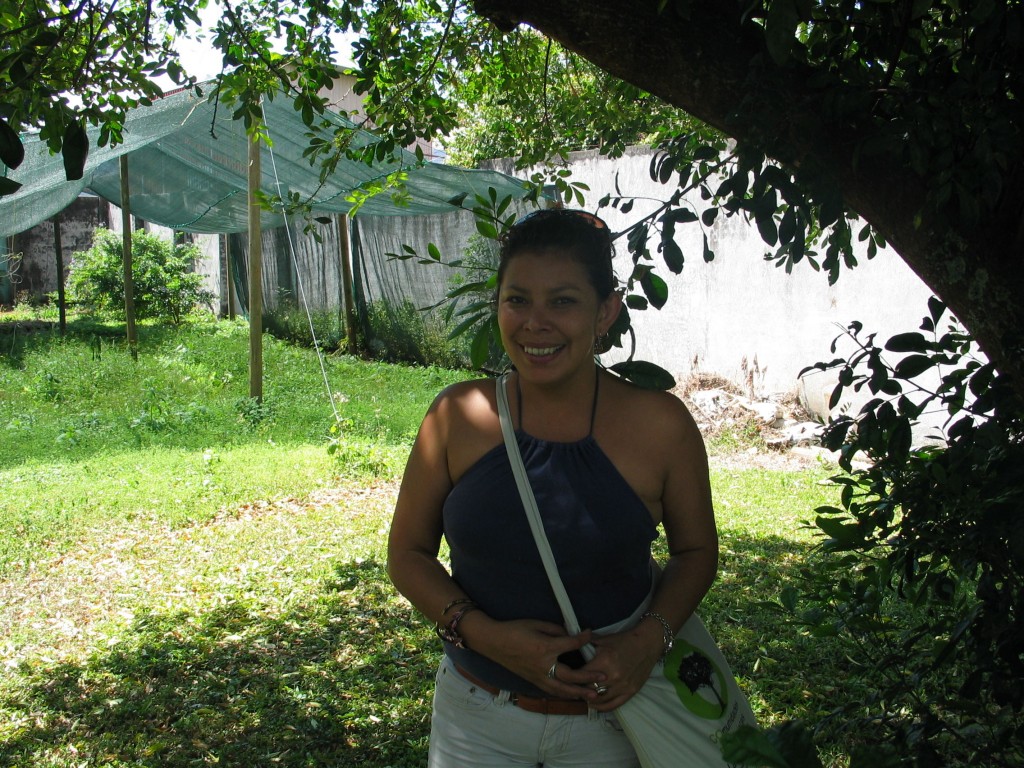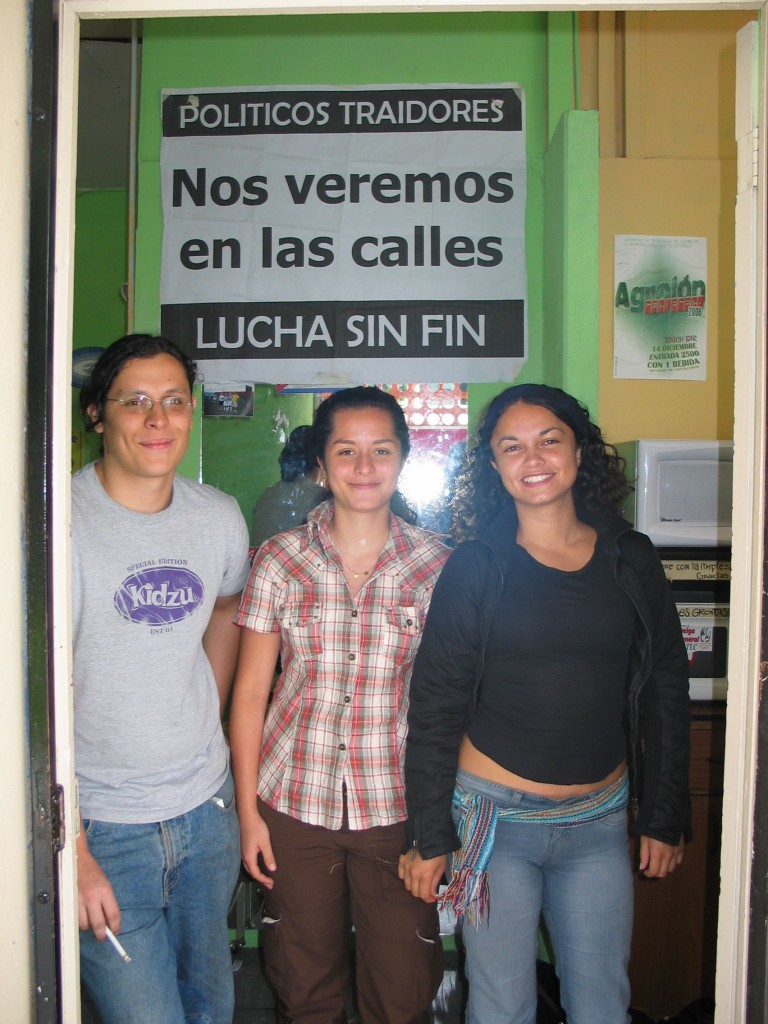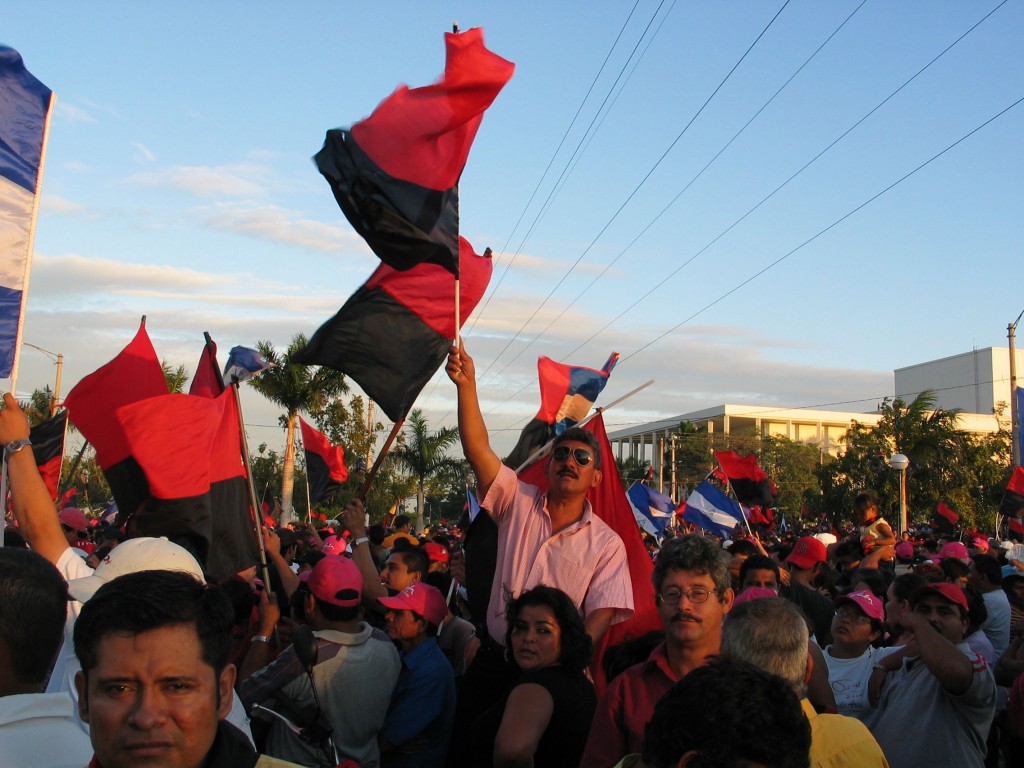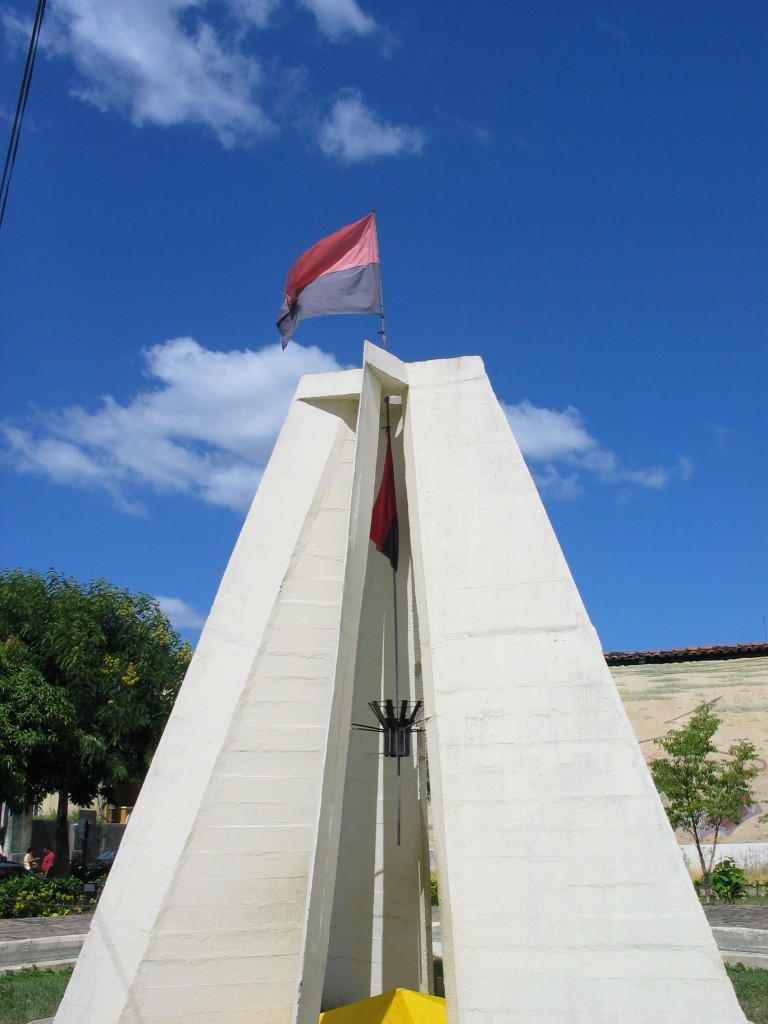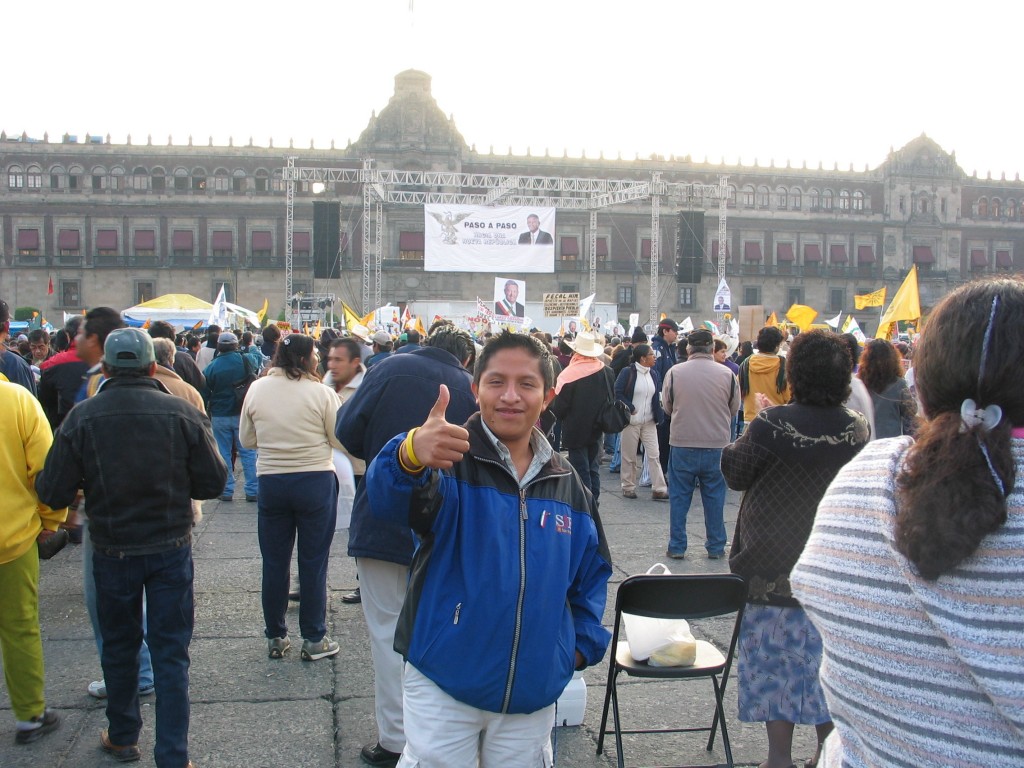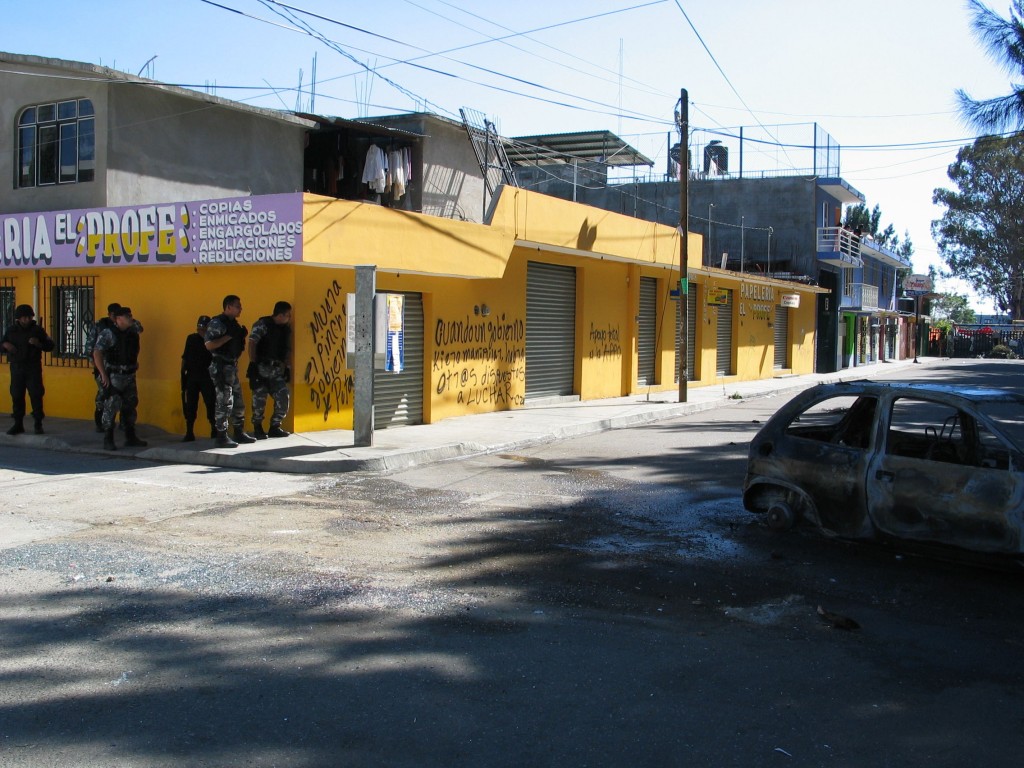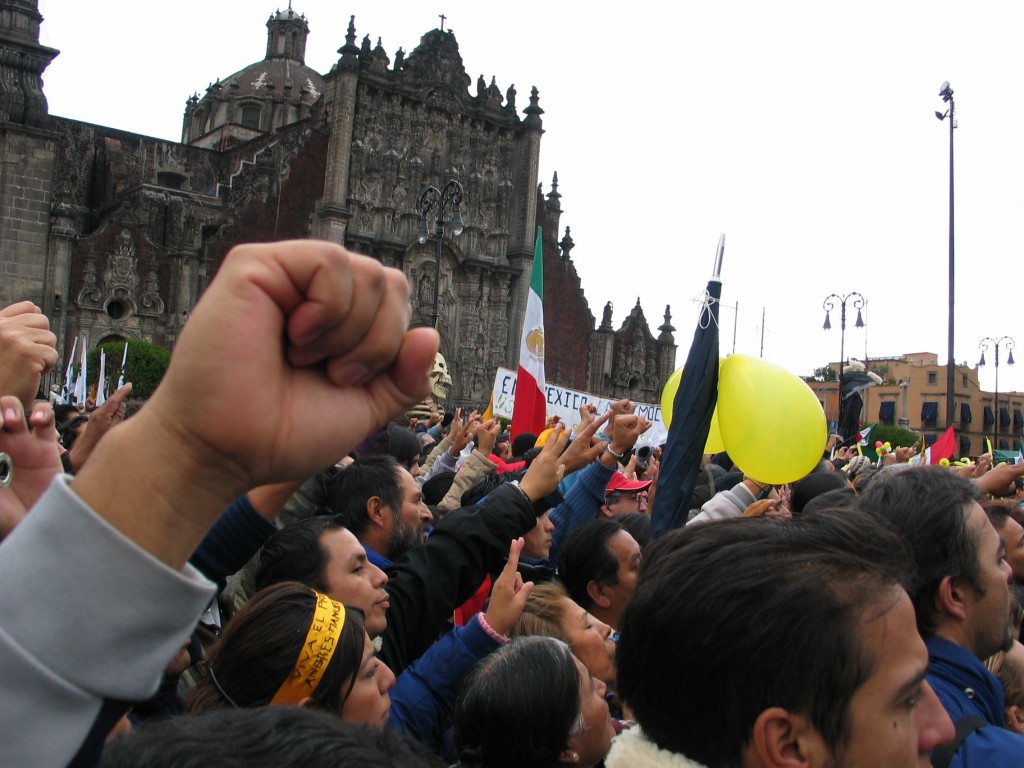Panama is my last destination before heading back to Douglas and from there to Europe. Although I have not had time enough to really get to know a lot of Central America, I guess it is time to go and get rid of my two backpacks — at least for a while.
The experience I want to share from Panama is for the first time more travel than politics related. I have experienced the same sort of things in other places, and I talking to some not so political friends and family, I know that it is somewhat out of the ordinary.
So here we go: Almost anywhere on the planet you as an activist might go, there is always and everywhere some kind of activist “community” that not only invites you and shows you around, but also one that has a number of reference points very similar to those you have yourself. Because of that, it is quite hard for me to say something like “the Panamanians are so and so” or “I really liked the warm culture of people in country X” — simply because I know that there are people with a world view quite similar to that which I hold, which generally puts them, but also me, at the fringes of society. Obviously, there are some exceptions — such as Douglas and most other areas far away from capitals and organized left wing politics. But those are very seldom regions that I see anything of anyway.
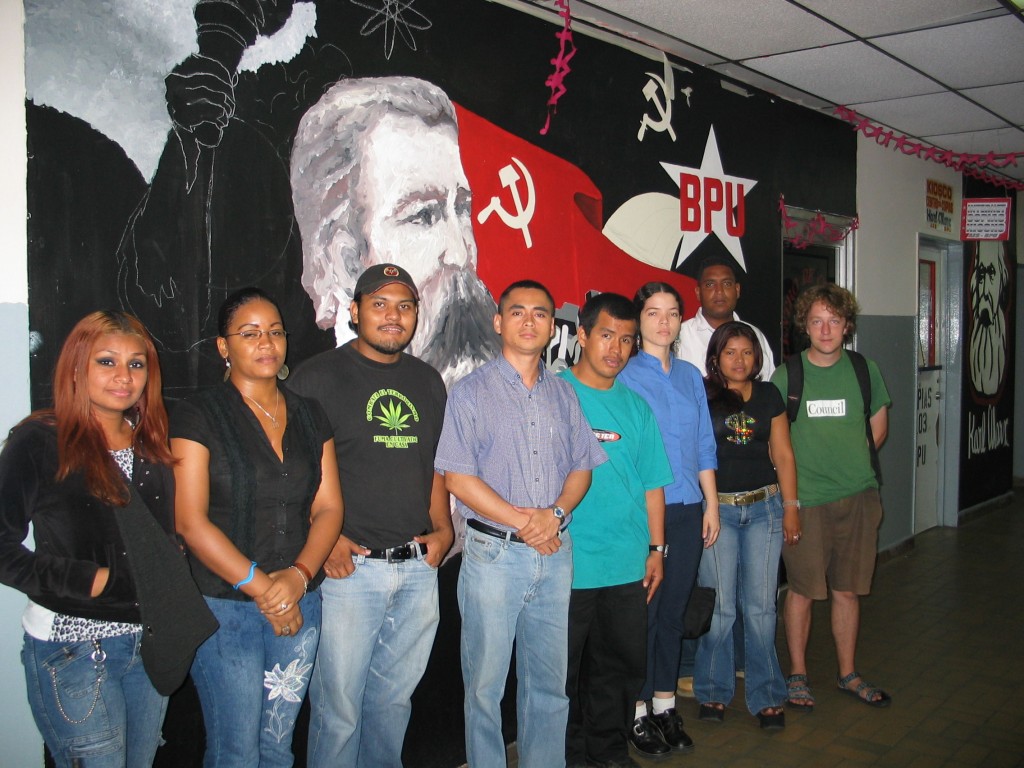
Continue reading Travel like a Jehovah’s Witness — in Panama

